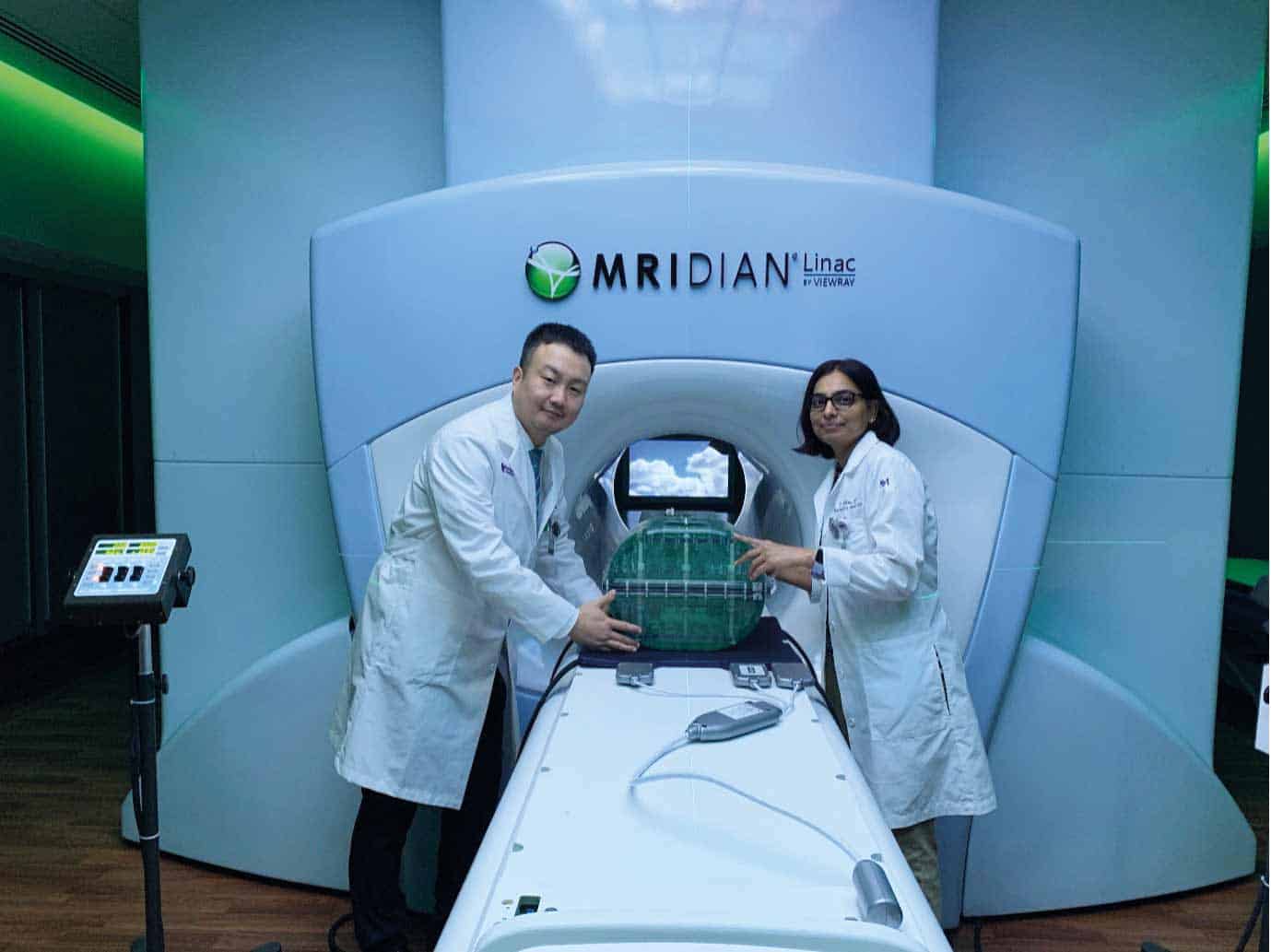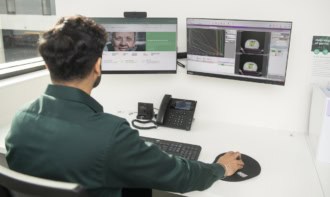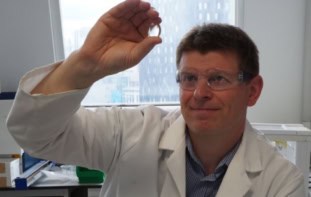Available to watch now, a Women in Medical Physics webinar explores MRgRT QA best practices with MRIdian
Want to learn more on this subject?

From Laura Bassi to Marie Curie, for centuries, women have been making important contributions to the world of physics. Now with ViewRay’s MRIdian system, women are leading the charge in bringing the latest advancement of MRI-guided radiation therapy to the forefront of radiation oncology and expanding the medical physics landscape.
Based on American Association of Medical Physicists (AAPM) TG-100, ACR phantoms are used to evaluate the key performance of MR scanners, such as magnetic field homogeneity, geometric accuracy, slice thickness, low-contrast detectability, high-contrast spatial resolution, slice position accuracy, uniformity, and radiofrequency coil checks. Although literature highlights the needs and considerations for QA of MRI simulation in radiotherapy with the ACR phantom, a dedicated QA procedure for radiation oncology is not yet established and available since the commercialization of MRL systems.
The Magphan RT phantom (The Phantom Laboratory, Salem, NY, USA) has been released, providing an integrated test that performs all of the measurements required to ensure MRI performance in MRgRT with an automated analysis platform that facilitates a comprehensive and sophisticated QA of a MR scanner.
This series of five webinars will specifically highlight women physicists across the globe that are using MRIdian to transform cancer care as we know it. Poonam Yadav will discuss different modes of the system, periodic MRI QA and their challenges, establishing time-saving MRI QA and consistency of the results.
This presentation is the second in a series of Women in Medical Physics, supported by ViewRay.
Want to learn more on this subject?

Poonam Yadav, PhD, is an associate professor of radiation oncology at Northwestern University Feinberg School of Medicine. Much of her current work involves the ViewRay MRIdian System, an MRI-guided radiation therapy machine that enables clinicians to monitor tumours and surrounding tissues during treatment. This technology allows us to adapt to changes in the patient’s anatomy to ensure accurate delivery of radiation. Previously, she served as faculty at the University of Wisconsin School of Medicine and Public Health’s Department of Human Oncology, with an affiliate appointment at the University of Wisconsin Carbone Cancer Center where she led numerous research studies, technology implementation, and substantial clinical practice. Poonam has designed and led several clinical physics studies. She finds interdisciplinary approach in radiotherapy quite motivating and to engage with. She is actively involved in investigating a whole host of clinical situations such as ventricular tachycardia, benign diseases and others where patients can benefit from radiation therapy. Poonam is a strong advocate for everyone to have equal access to education and training and has been an advocate for this cause through AAPM and other professional organizations.




